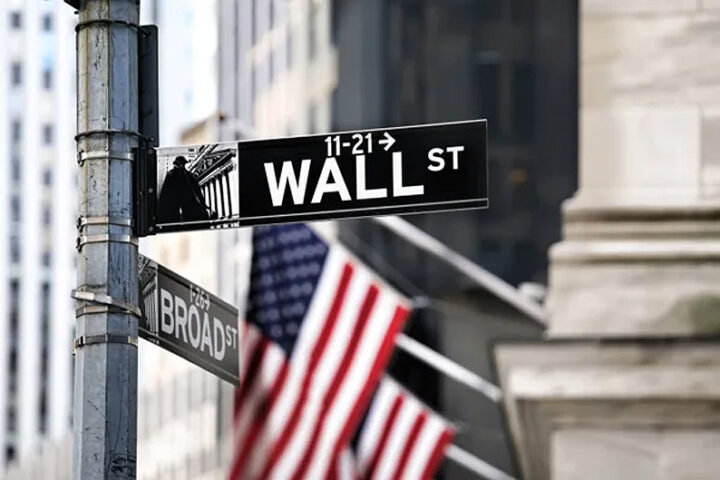.
By Oren Laurent
President, Banc De Binary
 On the surface, it would seem that Argentina’s default is the perfect example of history repeating itself. Yet the country’s President, Cristina Fernández, is insistent that the recent default is unlike the previous ones and has accused America’s court ruling of unnecessarily escalating the problem. Although it is ambiguous where the blame and responsibility lie, the certainty remains that until a satisfactory solution is agreed upon, it will be the economies of Argentina and America that suffer, along with the bond holders themselves.
On the surface, it would seem that Argentina’s default is the perfect example of history repeating itself. Yet the country’s President, Cristina Fernández, is insistent that the recent default is unlike the previous ones and has accused America’s court ruling of unnecessarily escalating the problem. Although it is ambiguous where the blame and responsibility lie, the certainty remains that until a satisfactory solution is agreed upon, it will be the economies of Argentina and America that suffer, along with the bond holders themselves.
Here’s the lowdown. Argentina was due to make a payment on bonds issued as partial compensation to the victims of its 2001 default, and accordingly, it transferred the $539 mln owed to the banks administering the bonds. However, a small minority of bond owners are unhappy with the 65% haircut that the restructuring involved, even though they originally bought the bonds very cheaply after Argentina’s economic crisis of 2002. They have persuaded the American court to block the payment until Argentina pays them back in full. Argentina accuses these owners of holding the 92% who accepted the restructuring to ransom and of taking advantage of their country’s debt to make huge profits. It cannot afford to pay everyone in full and a clause prevents it offering better terms to some bond owners than others. It says it had no choice but to default.
Argentina is right to be frustrated by America’s court ruling which has caused a greater financial dispute than originally existed. However, it did have choices about how to react. Several owners of the restructured bonds have agreed to waive their rights to the full amount and it could have tried to persuade others to follow suit. Lawyers have also offered loopholes, suggesting that the equal treatment clause may not apply given that Argentina would be following a court order rather than acting voluntarily.
By simply defaulting, Argentina looks untrustworthy yet again, and it is paying an economic price. It is unlikely that the country will suffer a post-default recession like last time, but the markets are still reacting. The Merval Index was down 6.7% on its worst day last Thursday. Interest rates are likely to rise causing a series of disruptions to the economy and population, and foreign investors will be deterred.
Combined with other geopolitical headlines, in particular the threat of sanctions against Russia, the Argentinian default has unsettled the U.S. markets and led investors to lock in gains and sell off. U.S. stocks are now down for the month and the Dow Jones index has lost more than 200 points. On Friday, the S&P 500 posted its largest weekly decline since 2012.
Currently, there is no resolution, despite the attempts of a number of private parties and investment banks to mediate. Argentina has said that it will take the case to the International Court of Justice in The Hague. So long as bondholders do not demand immediate payment, the market impact may steady and buy the country time. Yet if the central bank reserves dwindle, economists expect that Argentina will be pressured to accept a quick deal. Investors seeking a resolution to the crisis are surely hoping that at some point soon, Fernández’ national pride will give way to economic reality.
www.bancdebinary.com







